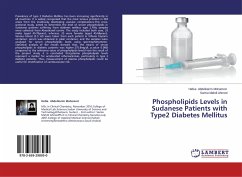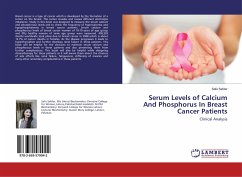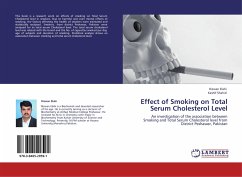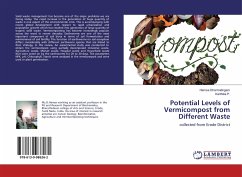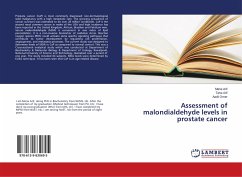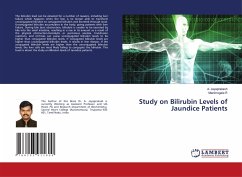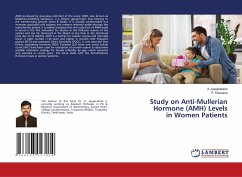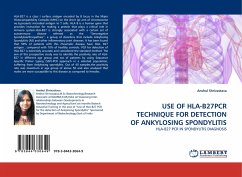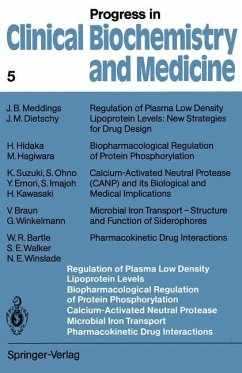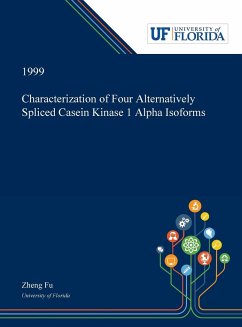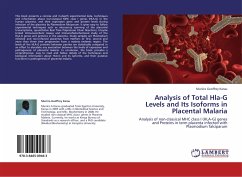
Analysis of Total Hla-G Levels and Its Isoforms in Placental Malaria
Analysis of non-classical MHC class I (HLA-G) genes and Proteins in term placenta infected with Plasmodium falciparum
Versandkostenfrei!
Versandfertig in 6-10 Tagen
32,99 €
inkl. MwSt.

PAYBACK Punkte
16 °P sammeln!
This book presents a concise and in-depth experimental data, techniques and information about non-classical MHC class I genes (HLA-G) in the human placenta, and their expression gene and protein levels during infection of the placenta by Plasmodium falciparum. It gives easy to follow experimental techniques such as microarray scanning of the placental transcriptome, quantitative Real Time Polymerase Chain Reactions, Enzyme Linked Immunosorbent Assays and Immunohistochemiccal study of the HLA-G genes and proteins in the placenta. Study samples are Plasmodium infected and non-infected placentas ...
This book presents a concise and in-depth experimental data, techniques and information about non-classical MHC class I genes (HLA-G) in the human placenta, and their expression gene and protein levels during infection of the placenta by Plasmodium falciparum. It gives easy to follow experimental techniques such as microarray scanning of the placental transcriptome, quantitative Real Time Polymerase Chain Reactions, Enzyme Linked Immunosorbent Assays and Immunohistochemiccal study of the HLA-G genes and proteins in the placenta. Study samples are Plasmodium infected and non-infected placentas from mothers of first, second and more than three time pregnancies from a malaria endemic region. The levels of the HLA-G proteins between parities are statistically compared in an effort to elucidate any association between the levels of expression and pathogenesis of placental malaria. In conclusion, the book provides a comprehensive, easy to read and follow details of the techniques and biological information about HLA-G and its isoforms, and their putative functions in pathogenesis of placental malaria.



